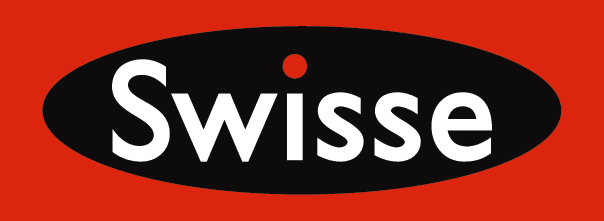
Healthy eating during pregnancy is one of the best gifts you can give your baby, particularly as it creates an extra need for certain nutrients, including iron, calcium, iodine and many other vitamins. Good nutrition will help support your baby’s healthy growth and development, maintain your health and possibly support their health in later years.
1st trimester nutrition
It’s common for many women to enter their first trimester of pregnancy unaware of the little organs and tissues already beginning to take form. During the first two months of pregnancy, your baby-to-be is an embryo whose cells are starting to develop the structures for all its major organs.
The requirements for most nutrients increase during pregnancy and you can help give your baby a great start to their developmental journey by consuming a balanced diet. We’ve selected a few important nutrients below to call out, because these ones are particularly important to help support the healthy development of your baby.
Folate
One major organ which forms during the early weeks of pregnancy is the neural tube, which develops into the baby’s brain and spinal cord. Its proper formation requires folate (also known as folic acid). Throughout your first trimester, eat folate rich foods such as green leafy vegetables (lightly cooked), citrus fruits, legumes, seeds and fortified grain products like cereals and breads and one folate supplement daily.
Omega-3 and iodine
After the closure of the neural tube, the baby’s brain and spinal cord will continue to develop until birth and during its early years. A maternal diet rich in omega-3 and iodine will support healthy brain development. Oily fish such as salmon, trout and cod fish (avoid fish high in mercury content like flake and orange roughly), olive oil and flaxseed oils are excellent sources of omega-3. In addition to eating these foods and a well-balanced diet, you may consider taking an omega-3 and iodine supplement will help support your increased dietary requirements. Consult with your doctor before commencing any nutritional supplement.
Iron
As your pregnancy progresses, your body will gradually increase its absorption of iron to support the expansion of your blood volume and your baby’s red blood cell creation. Vitamins B6 and B12 have a role in red blood cell formation and, like iron, their requirements rise during pregnancy. The increase in dietary iron can be supported by eating foods rich in iron, such as red meats, fish and poultry. Eggs, legumes and iron-fortified grain products are also sources of iron and consuming these with citrus foods containing vitamin C can help support absorption. Your doctor may perform a blood test to check your iron levels and can recommend a supplement if there’s a requirement.
2nd and 3rd trimester nutrition
The fetus will grow most rapidly, relative to its size, in the womb during the second and third trimesters, than in any other stage of its lifespan. Protein, omega-3 and the micronutrients found in fruits and vegetables are necessary for healthy fetal development, so try to keep up generous servings of these food groups.
Protein
The development of your baby’s muscles and organs, which occur primarily in the second and third trimesters, require amino acids, which are found in protein. The body does not store amino acids and some amino acids cannot be created or be made in sufficient amounts, hence the body requires dietary protein. You can support your dietary protein intake by eating meat and plant derived foods, beans, nuts, seeds and fortified wholegrain products.
Iron
During pregnancy, your need for iron increases. Iron functions to help transport oxygen, support their red blood cell production and help reduce tiredness and fatigue during pregnancy. Keep eating all the iron-rich foods you consumed in your first trimester and, if recommended by your doctor, you may take an iron supplement for additional dietary support.
Dairy
Even though there is no need for extra calcium, during these trimesters, your baby’s bones are calcifying to become stronger. So, it’s important to remember to have your two servings of dairy, preferably low fat Greek yoghurt and milk, and eat fish with edible bones such as salmon. Calcium contributes to the maintenance of healthy bones.
Omega-3 and Iodine
The brain is one of the last organs to develop and relies on omega-3 (DHA and EPA) and iodine to support it. A diet providing 2-3 servings of fish (choose oily fish low in mercury such as salmon and sardines) a week is ideal. Iodine can also be found in seafood, vegetables grown in iodised soil and in products with iodised salt. It can be difficult obtaining a regular supply of these two nutrients (particularly if you are not a big seafood eater), thus pregnant women could add an omega-3 (fish oil) and/or iodine supplements for extra support.
